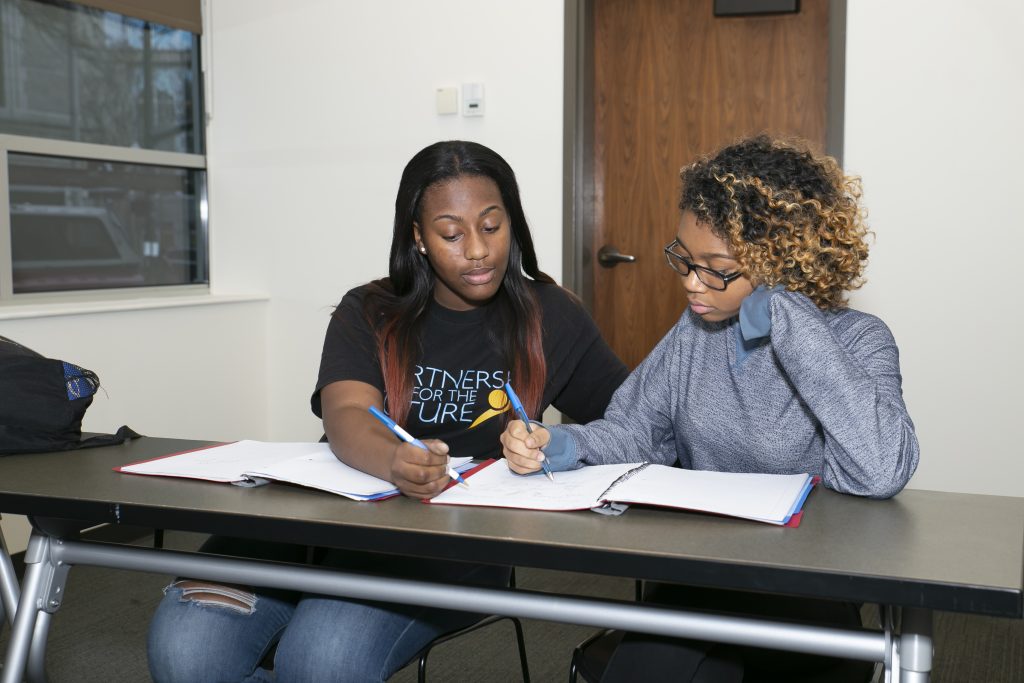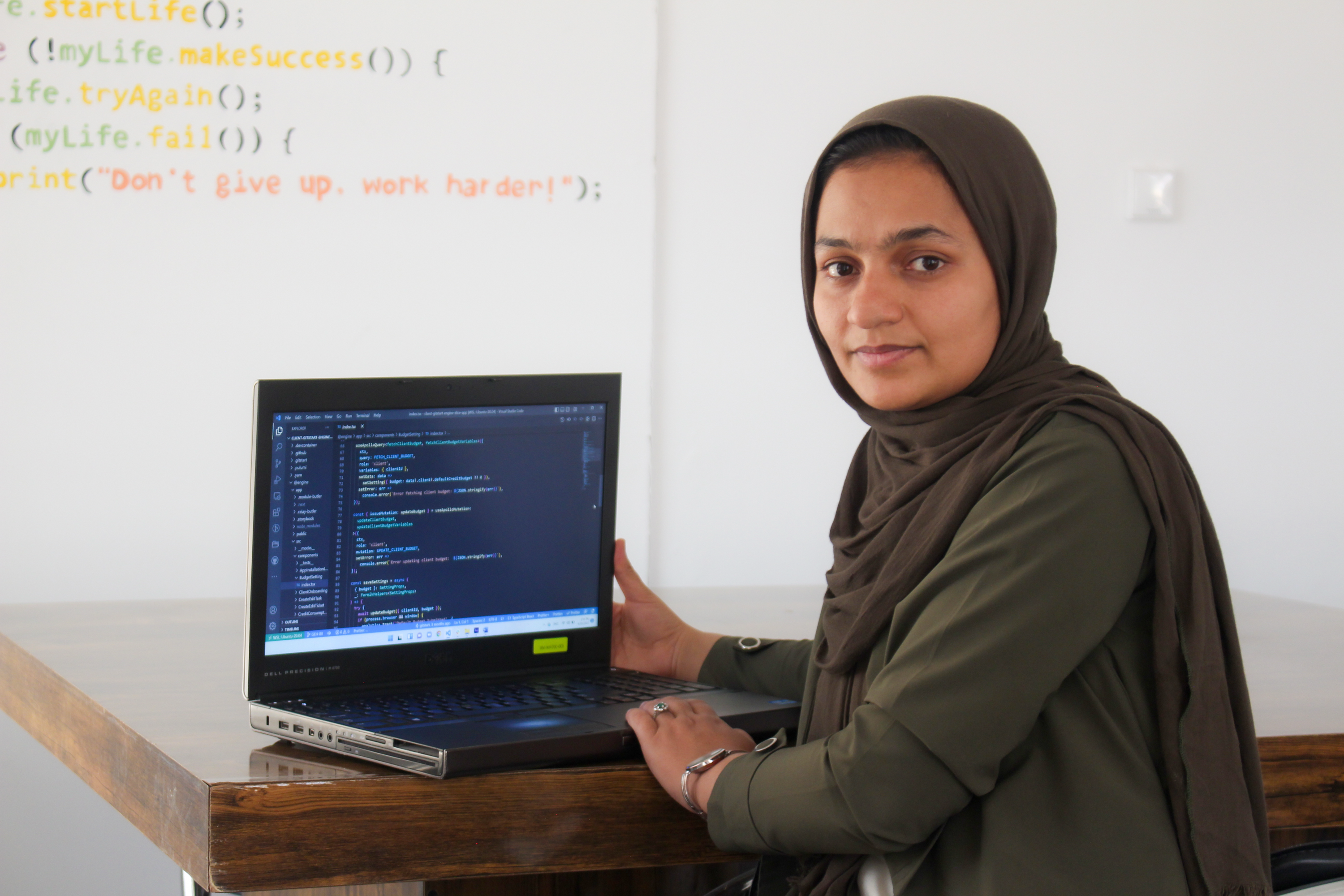Education is not just about schools and books, it serves as a spark that can illuminate a path forward to a better quality of life. The AJA Foundation remains deeply committed to providing educational access throughout the world. A total of $229,000 was allocated in the December 2024 quarter to support unique educational initiatives for women and children needing an opportunity for upward social mobility. The total invested in education to date is $4,395,625.
Steppingstone was established in 1990 in Boston, Massachusetts. Each year, the Steppingstone Scholars Program serves approximately 1,300 students beginning in 5th grade through college completion. 70% of the students are the first in their family to attend college. In addition to the long-term comprehensive programming they provide to their students, Steppingstone connects college access professionals and best practices throughout the country through its initiative called National Partnership for Educational Access.
 Partnership for the Future was established in 1994 in Central Virginia. The program serves approximately 480 students per year from 10th grade through college completion. This 7-year program begins with a summer institute week and then provides regular college access programming, paid internships, financial literacy, and support through college. 77% of the students are first-generation college students, and the program has a strong emphasis on workforce development and financial literacy.
Partnership for the Future was established in 1994 in Central Virginia. The program serves approximately 480 students per year from 10th grade through college completion. This 7-year program begins with a summer institute week and then provides regular college access programming, paid internships, financial literacy, and support through college. 77% of the students are first-generation college students, and the program has a strong emphasis on workforce development and financial literacy.

Three Angels Relief is a ministry that serves orphans and at-risk families in Port Au Prince, Haiti, known as the poorest nation in the Western Hemisphere. In efforts to help children and families escape poverty, the organization runs a school, provides orphan care, and operates a medical clinic. This year, 64 deserving students received books, tuition, uniforms, lunch, school supplies, teachers, and medical care through this support.

The Aseel Foundation was founded in 2018 as a tech-driven solution to uplift artisans and underserved communities in Afghanistan and Turkey. Due to the fact that Afghan women face significant barriers to employment, the 50 Afghan Women in Tech program was created to identify and train the next generation of technology leaders. Securing employment in the tech sector as a remote employee is a life-changing opportunity for an Afghan woman. In order for students to access their mentorship, skills training, and a one-year paid fellowship, 10 women have been provided with Internet connectivity, a computer, and solar electricity to safely work from home.


